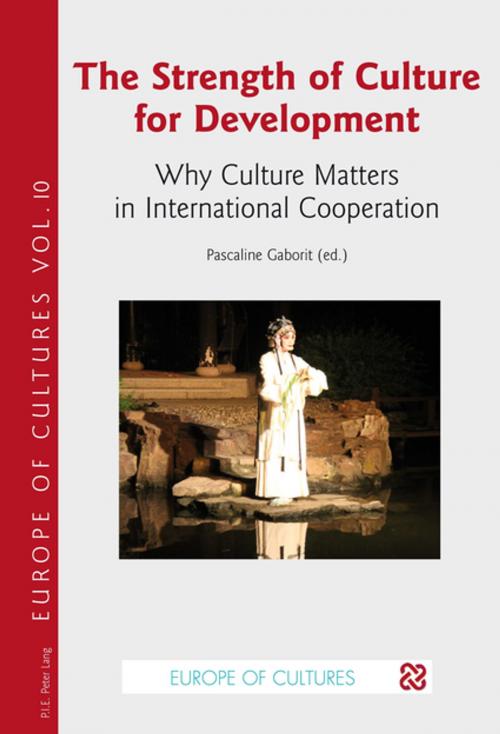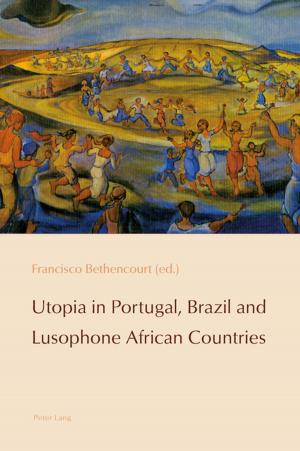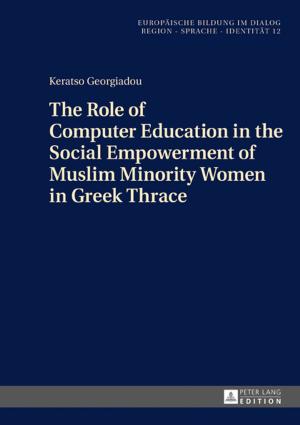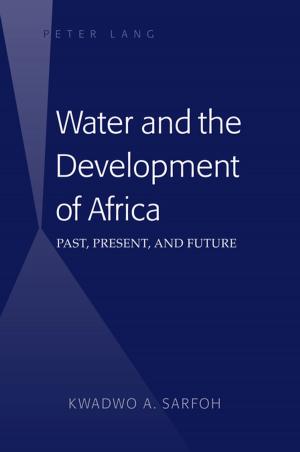The Strength of Culture for Development
Why Culture Matters in International Cooperation
Nonfiction, Social & Cultural Studies, Political Science, International, International Relations, Politics, History & Theory, Art & Architecture, General Art| Author: | ISBN: | 9783035295474 | |
| Publisher: | Peter Lang | Publication: | September 10, 2014 |
| Imprint: | Peter Lang AG, Internationaler Verlag der Wissenschaften | Language: | English |
| Author: | |
| ISBN: | 9783035295474 |
| Publisher: | Peter Lang |
| Publication: | September 10, 2014 |
| Imprint: | Peter Lang AG, Internationaler Verlag der Wissenschaften |
| Language: | English |
On the global scale, the challenges surrounding development are massive and complex, as inequalities in living conditions between the richest and poorest countries become greater. Development is a global challenge on a par with the financial crisis and environmental concerns. The participation of local communities and towns in development programmes may result from a desire for influence at an international level, rather than the idea that they can bring some measure of stability, like the large NGOs.
In this context, culture remains an omnipresent factor. Indeed, culture takes on a multifaceted front for it is not solely limited to the organisation of cultural activities or the protection of heritage, but also about the values, significance, and everyday actions of human communities. It contributes to the well-being of local populations. Using culture as a transversal tool to solve the development issues means tackling those issues from a different angle: bringing solutions to some multicultural questions that exist in rich countries.
This book brings together a selection of articles by researchers and experts in this area from a wide variety of backgrounds, disciplines and countries.
On the global scale, the challenges surrounding development are massive and complex, as inequalities in living conditions between the richest and poorest countries become greater. Development is a global challenge on a par with the financial crisis and environmental concerns. The participation of local communities and towns in development programmes may result from a desire for influence at an international level, rather than the idea that they can bring some measure of stability, like the large NGOs.
In this context, culture remains an omnipresent factor. Indeed, culture takes on a multifaceted front for it is not solely limited to the organisation of cultural activities or the protection of heritage, but also about the values, significance, and everyday actions of human communities. It contributes to the well-being of local populations. Using culture as a transversal tool to solve the development issues means tackling those issues from a different angle: bringing solutions to some multicultural questions that exist in rich countries.
This book brings together a selection of articles by researchers and experts in this area from a wide variety of backgrounds, disciplines and countries.















